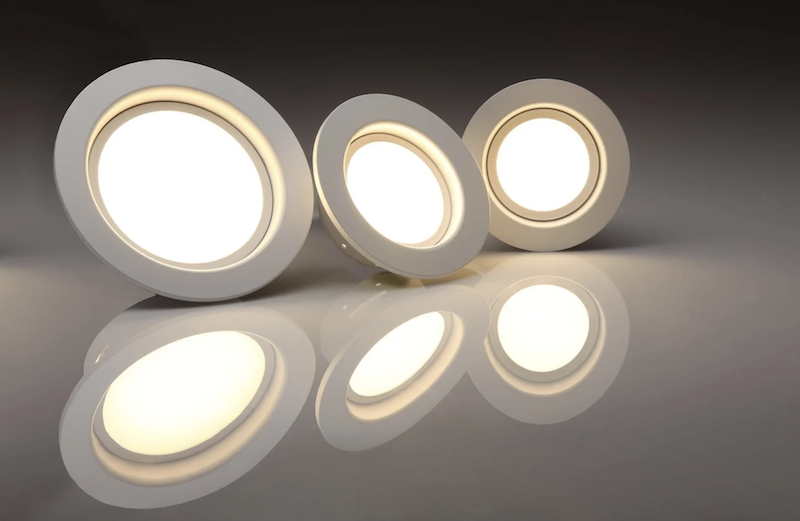The U.S. Department of Energy recently released a report on the initial performance and reliability of chromaticity sensors used for tunable LED lighting systems.
This study found that a chromaticity sensor used in the control system of a tunable lighting installation has high reliability, even under relatively harsh test conditions. The study examined the initial performance and aging characteristics of a sensor consisting of a series of six photodiodes that respond to different wavelengths to adjust illuminance, correlated color temperature (CCT), and chromaticity.
The sensor devices were exposed to a 5,000-hour accelerated stress test: one group at a continuous room temperature operating life, a second at a continuous but elevated ambient temperature of 75°C, and a third in a temperature-humidity environment of 75°C and 75% relative humidity (also known as a 7575 environment).
No abrupt failure of the sensor was found after 5,000 hours of testing, even in the relatively harsh 7575 environment. Just one parametric failure after 5,000 hours of 7575 testing was observed. Such a failure produces a change in a tunable device that would be noticeable to an observer. Light from the tunable fixture would likely be blue-shifted.
Related Stories
| Feb 23, 2012
Federal budget cuts put major building projects on hold
A plan to build the National Bio and Agro-Defense Facility in Kansas is among several major building projects in jeopardy after the Obama administration’s 2013 budget was unveiled. The budget would cut all construction spending for the facility.
| Feb 23, 2012
Federal agencies fixed on leasing LEED-certified space
The federal government is especially focused on renting LEED-certified spaces.
| Feb 23, 2012
Regulators investigating construction accident at World Trade Center
The New York Port Authority and the city’s fire and building departments are investigating an accident at the World Trade Center construction site in lower Manhattan after a crane dropped steel beams that fell about 40 stories onto the truck that delivered them.
| Feb 23, 2012
New Virginia statewide building code goes into effect March 1
After March 1, all building plans in Virginia must adhere to the 2009 code that was adopted a year ago.
| Feb 23, 2012
Privatizing flood insurance could lead to new code requirements
One thing that could pave the way toward private flood insurance would be NFIP reforms, like requiring new construction in flood-prone areas to be elevated.
| Feb 22, 2012
ACI BIM manual for cast-in-place concrete in development
The improved communication, coordination, and collaboration afforded by BIM implementation have already been shown to save time and money in projects.
| Feb 20, 2012
Comment period for update to USGBC's LEED Green Building Program now open
This third draft of LEED has been refined to address technical stringency and rigor, measurement and performance tools, and an enhanced user experience.
| Feb 20, 2012
GAF introduces web portal for architects and specifiers
The new portal offers a clean look with minimal clutter to make it easier to find the technical information and product data that architects need.















